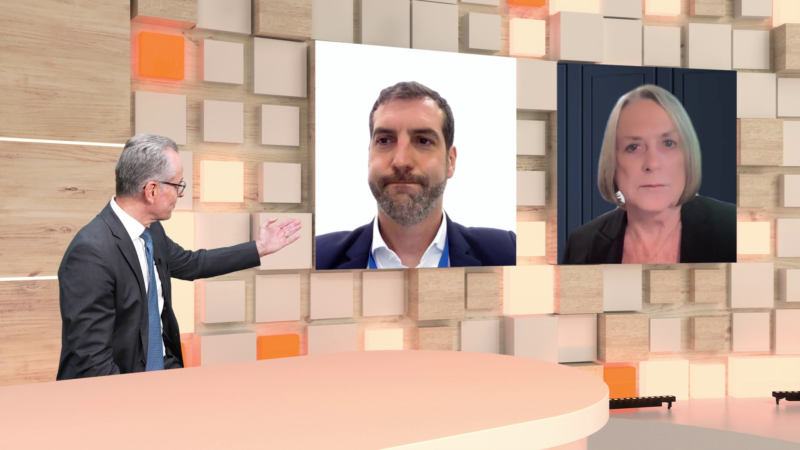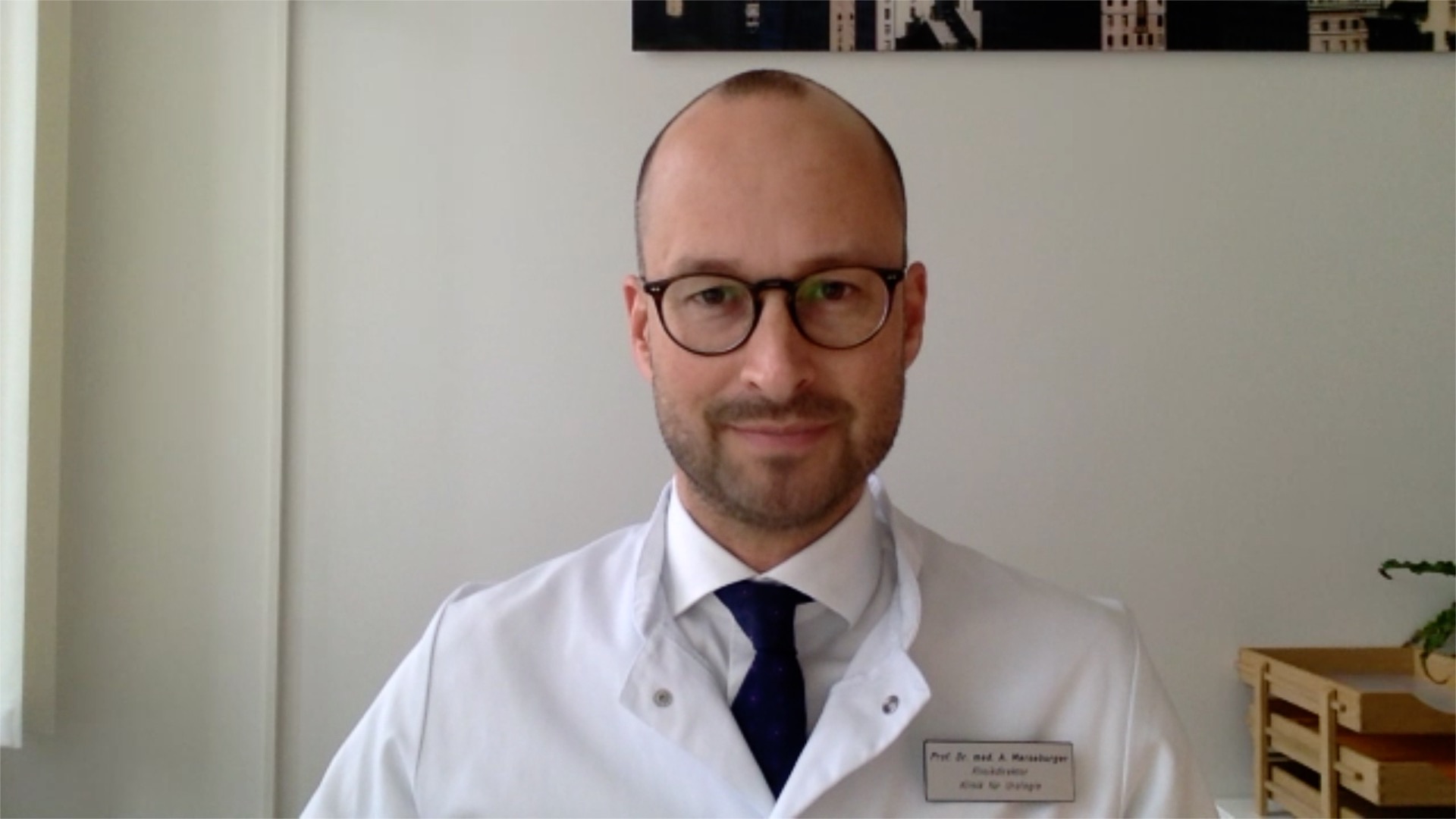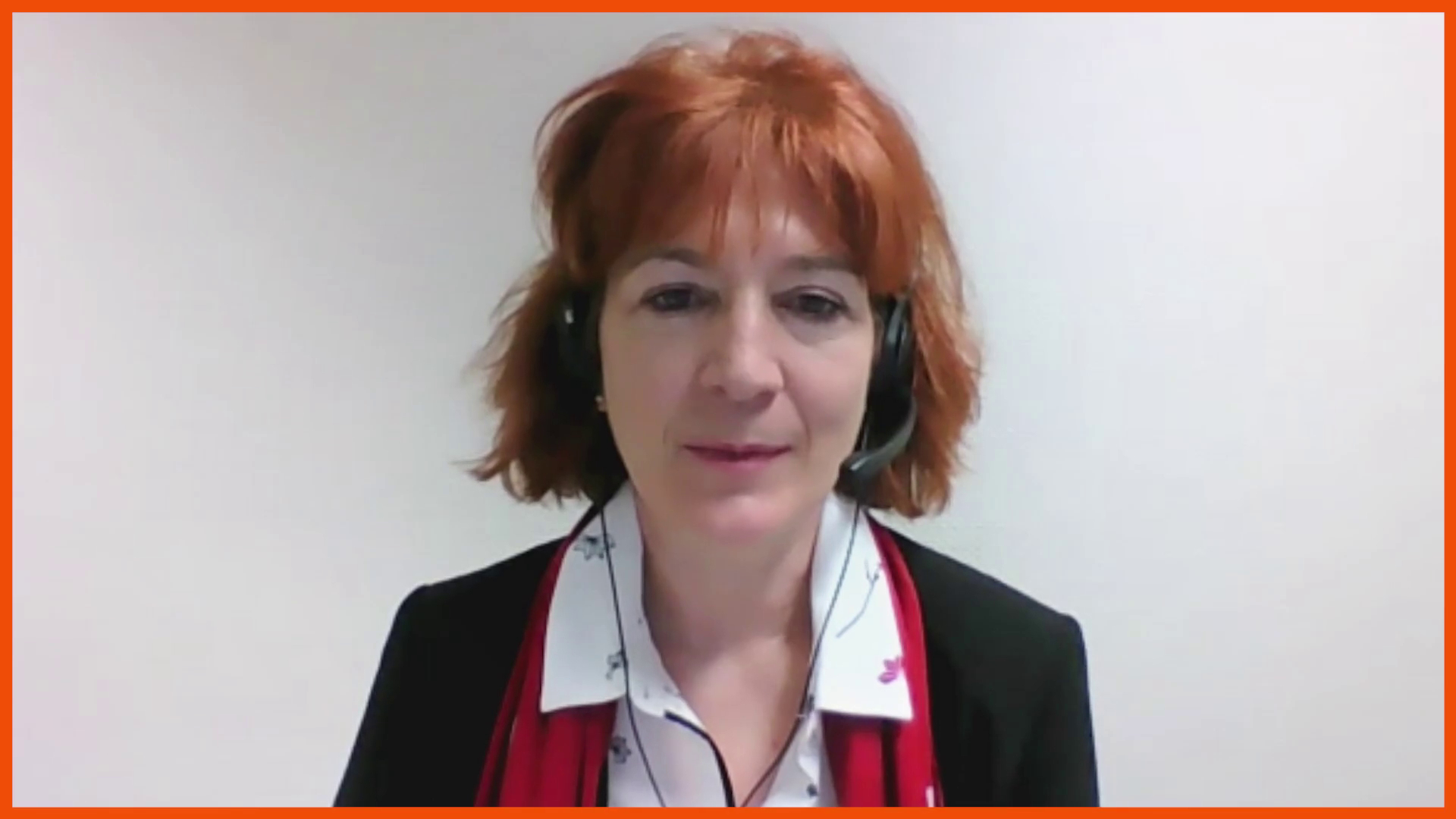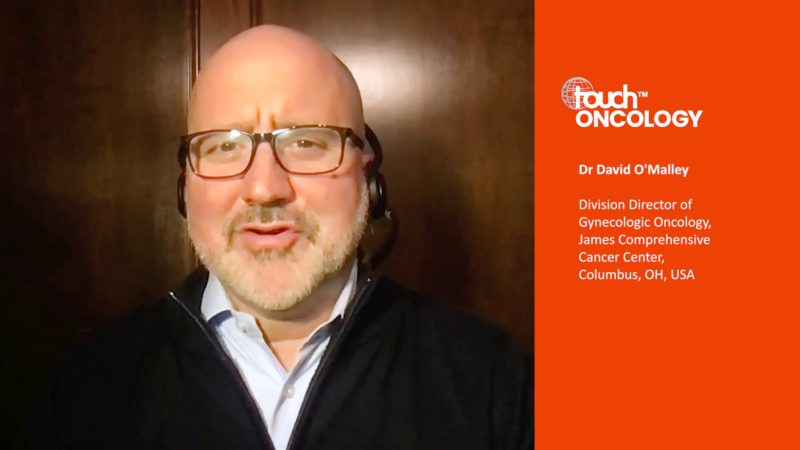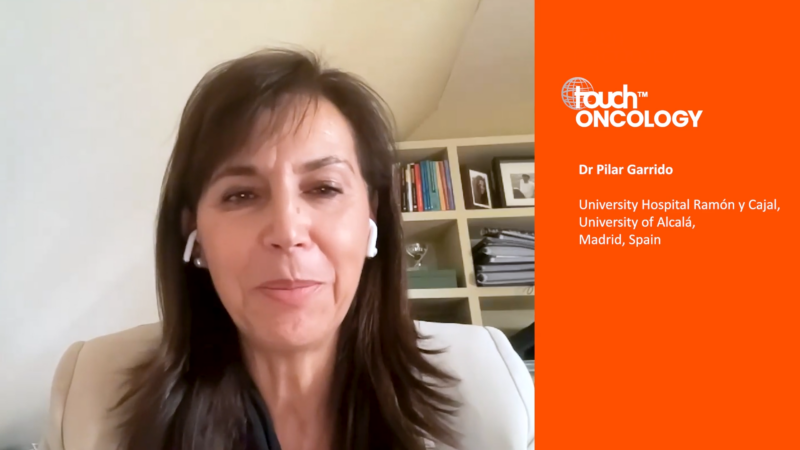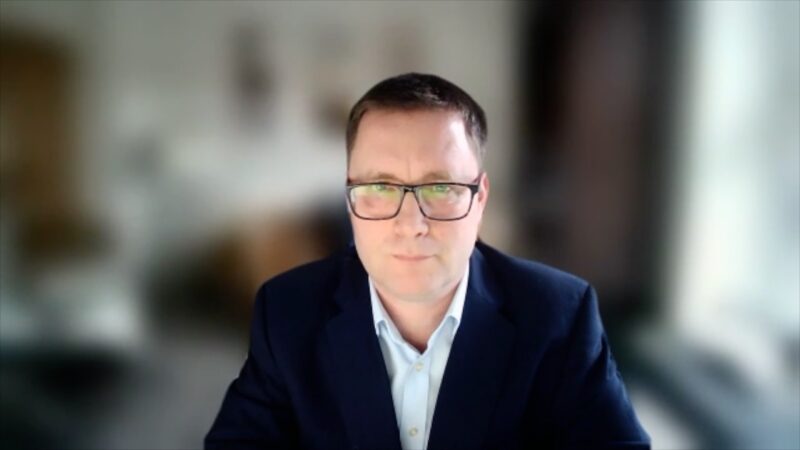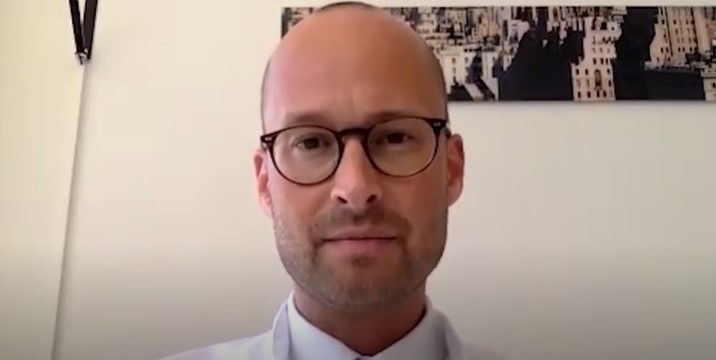touchFOCUS
 Quickfire Q&A with expert faculty.
Close
Quickfire Q&A with expert faculty.
Close
 Quickfire Q&A with expert faculty.
Close
Quickfire Q&A with expert faculty.
Close
Personalizing care within the MDT for patients with early through to advanced RCC
Learning Objectives
After watching this activity, participants should be better able to:
- Apply diagnostic and prognostic markers and clinical data within the MDT to personalize care for patients with early stage through advanced and metastatic renal cell carcinoma
- Use effective communication strategies and encourage shared decision-making when managing diverse and/or underserved patients with renal cell carcinoma
Overview
In this interview, Prof. Hans Hammers answers a series of questions on the application of prognostic markers and clinical data within the MDT to personalize care for patients with early stage through to advanced and metastatic RCC. He goes on to highlight the use of effective communication strategies and shared decision-making when managing diverse and/or underserved populations with RCC.
This activity is jointly provided by USF Health and touchIME.
Target Audience
This activity has been designed to meet the educational needs of oncologists, oncology nurses, pharmacists, radiologists and urologists involved in the management of patients with RCC.
Disclosures
USF Health adheres to the Standards for Integrity and Independence in Accredited Continuing Education. All individuals in a position to influence content have disclosed to USF Health any financial relationship with an ineligible organization. USF Health has reviewed and mitigated all relevant financial relationships related to the content of the activity. The relevant relationships are listed below. All individuals not listed have no relevant financial relationships.
Faculty
Prof. Hans Hammers discloses: Advisory board or panel fees from Aveo, Eisai and Merck. Grants/research support from AbbVie, Agenus, Aveo and Merck.
Content reviewer
Danielle Walker, DNP, APRN, AGNP-C Nurse Reviewer and Planner has no financial interests/relationships or affiliations in relation to this activity.
Touch Medical Contributors
Sola Neunie has no financial interests/relationships or affiliations in relation to this activity.
Rebecca Franklin discloses: Independent contractor relationship: Fishawack Communications (Relationship Terminated).
USF Health Office of Continuing Professional Development and touchIME staff have no financial interests/relationships or affiliations in relation to this activity.
Requirements for Successful Completion
In order to receive credit for this activity, participants must review the content and complete the post-test and evaluation form. Statements of credit are awarded upon successful completion of the post-test and evaluation form.
If you have questions regarding credit please contact cpdsupport@usf.edu
Accreditations
Physicians
This activity has been planned and implemented in accordance with the accreditation requirements and policies of the Accreditation Council for Continuing Medical Education (ACCME) through a joint providership of USF Health and touchIME. USF Health is accredited by the ACCME to provide continuing medical education for physicians.
USF Health designates this enduring material for a maximum of 0.5 AMA PRA Category 1 CreditTM. Physicians should claim only the credit commensurate with the extent of their participation in the activity.
The European Union of Medical Specialists (UEMS) – European Accreditation Council for Continuing Medical Education (EACCME) has an agreement of mutual recognition of continuing medical education (CME) credit with the American Medical Association (AMA). European physicians interested in converting AMA PRA Category 1 CreditTM into European CME credit (ECMEC) should contact the UEMS (www.uems.eu).
Advanced Practice Providers
Physician Assistants may claim a maximum of 0.5 Category 1 credits for completing this activity. NCCPA accepts AMA PRA Category 1 CreditTM from organizations accredited by ACCME or a recognized state medical society.
The AANPCP accepts certificates of participation for educational activities approved for AMA PRA Category 1 CreditTM by ACCME-accredited providers. APRNs who participate will receive a certificate of completion commensurate with the extent of their participation.
Nurses
USF Health is accredited as a provider of nursing continuing professional development by the American Nurses Credentialing Center’s Commission on Accreditation.
A maximum of 0.5 contact hours may be earned by learners who successfully complete this continuing professional development activity. USF Health, the accredited provider, acknowledges touchIME as the joint provider in the planning and execution of this CNE activity.
This activity is awarded 0.5 ANCC pharmacotherapeutic contact hour.
Pharmacists
USF Health is accredited by the Accreditation Council for Pharmacy Education as a provider of continuing pharmacy education. This knowledge-based program has been approved for 0.5 contact hours (0.5 CEUs). Universal program number is as follows: (UAN number 0230-9999-24-007-H01-P).
Date of original release: 19 August 2024. Date credits expire: 19 August 2025.
If you have any questions regarding credit, please contact cpdsupport@usf.edu
To obtain the CE/CME credit(s) from this activity, please complete this post-activity test.
Claim CreditYou may also be interested in...

REGISTER NOW FOR FREE ACCESS TO
- 1000+ topical and insightful peer-reviewed journal articles
- 100+ hours of bite-sized congress highlights
- 10 major therapy areas packed with the latest scientific advances
- 150+ specialties offering learn-on-the-go medical education
- + Concise email updates and newsletters so you never miss out

Log into your Touch Account
Earn and track your CME credits on the go, save articles for later, and follow the latest congress coverage.
Sign up with an Email
Or use a .
This Functionality is for
Members Only
Explore the latest in medical education and stay current in your field. Create a free account to track your learning.








